Communicating Research
FMC Cross-Departmental Seminar Series 2015-16
The Faculty of Media and Communication at BU
Venue: CG11, Christchurch House, Talbot Campus, Bournemouth University, Fern Barrow, Poole, Dorset, BH12 5BB
Wednesday 3 February 2016, 3pm-4pm, CG11
Dr Iñaki Garcia-Blanco, Cardiff School of Journalism, Media and Cultural Studies
Saving Refugees or Policing the Seas? How the national press of five EU member states frame news coverage of migration
Migration from the Middle East and Africa to Europe has increasingly hit the headlines in recent years as the unprecedented scale of deaths at sea has gradually been recognised as a newsworthy and politically important story. This seminar presents findings from a research project commissioned by UNHCR to measure how the issue of migration to Europe is currently framed in the news media across the EU. We compare the 2014-15 national press coverage of 5 member states: UK, Sweden, Germany, Spain and Italy, examining in particular the main themes of news coverage, how migrants are labelled, which actors have a voice in migration news, and the reasons for and responses to migration outlined. With an evidence base informing our understanding of how the news media as a key site (re)producing dominant public discourses currently articulates migration as an issue, the aim is to better inform the humanitarian interventions of UNCHR and other agencies in media and policy debates.
Dr Iñaki Garcia-Blanco is a lecturer at the Cardiff School of Journalism, Media and Cultural Studies. Iñaki is a media scholar interested in the study of the relationships and interplays between media, politics and citizenship. His research appears in international, peer-reviewed journals such as Media, Culture & Society, Journalism Studies, Journalism Practice or Feminist Media Studies. He is the director of Cardiff University’s BA Journalism and Communications, and of its BA Journalism, Communication and Politics (launching in 2016). Iñaki teaches BA modules on journalism, new media and politics, and MA modules on political communication and social research methods.
Wednesday 3 February 2016, 4pm-5pm, CG11
Benedetta Cappellini and Vicki Harman, Royal Holloway, University of London
Disciplining mothers: a Foucauldian approach to unpacking power and classed resistance in children’s packed lunches
Vicki Harman is a Senior Lecturer in Sociology at Royal Holloway, University of London where she teaches courses on sociology of the family, social problems and social policy, social identities and consumption. Vicki’s research interests include family life in contemporary Britain, gender, social class and ethnicity. Recent projects have focused on families and food, including children’s lunchboxes and feeding the family in times of austerity. With Benedetta Cappellini (Royal Holloway) Vicki is the author of ‘Mothers on Display: Lunchboxes, Social Class and Moral Accountability’ published in Sociology. Vicki’s doctoral thesis (2007) explored the experiences and support networks of lone white mothers of mixed-parentage children. Her writing in this area has examined mothers’ social capital, their experiences of racism, social work practice and the identification and social positioning of young people of mixed-parentage. With Ravinder Barn (Royal Holloway) Vicki is the co-editor of Mothering, Mixed Families and Racialised Boundaries (Routledge, 2014).
Benedetta Cappellini is a Senior Lecturer in Marketing and Consumer Behaviour at Royal Holloway, University of London. Her research interests are in food consumption, material culture, family consumption and motherhood and consumption. She has published widely on these issues in a number of academic journals including Sociology, The Sociological Review, Consumption, Markets and Culture, Journal of Marketing Management, Journal of Business Research, Journal of Consumer Behaviour and Advances in Consumer Research. With Elizabeth Parsons (University of Liverpool) and David Marshall (University of Edinburgh) she is the co-editor of The Practice of the Meal: Families, food and the market place (Routledge, forthcoming).
About the series
This new seminar series showcases current research across different disciplines and approaches within the Faculty of Media and Communication at BU. The research seminars include invited speakers in the fields of journalism, politics, narrative studies, media, communication and marketing studies. The aim is to celebrate the diversity of research across departments in the faculty and also generate dialogue and discussion between those areas of research.
Contributions include speakers on behalf of
The Centre for Politics and Media Research
The Centre for the Study of Journalism, Culture and Community
Promotional Cultures Communication Centre
Public Relations Research Centre
Narrative Research Group
Journalism Research Group
Advances in Media Management Research Group
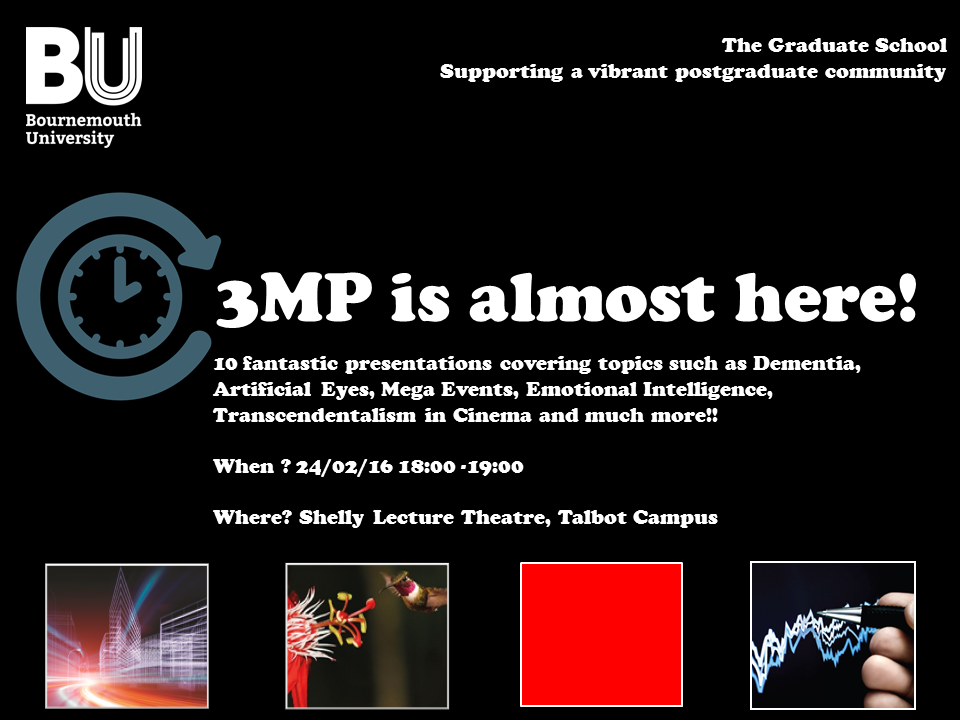
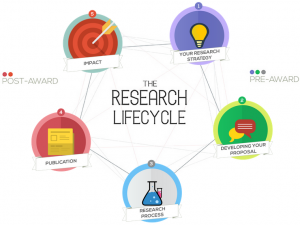
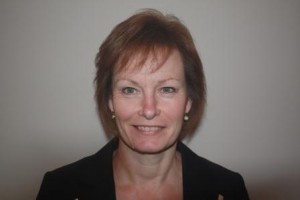

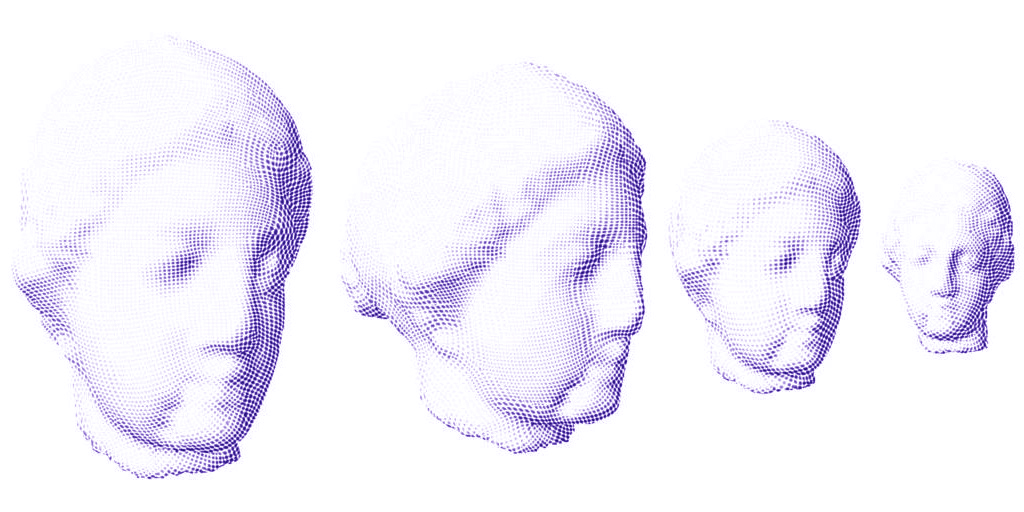
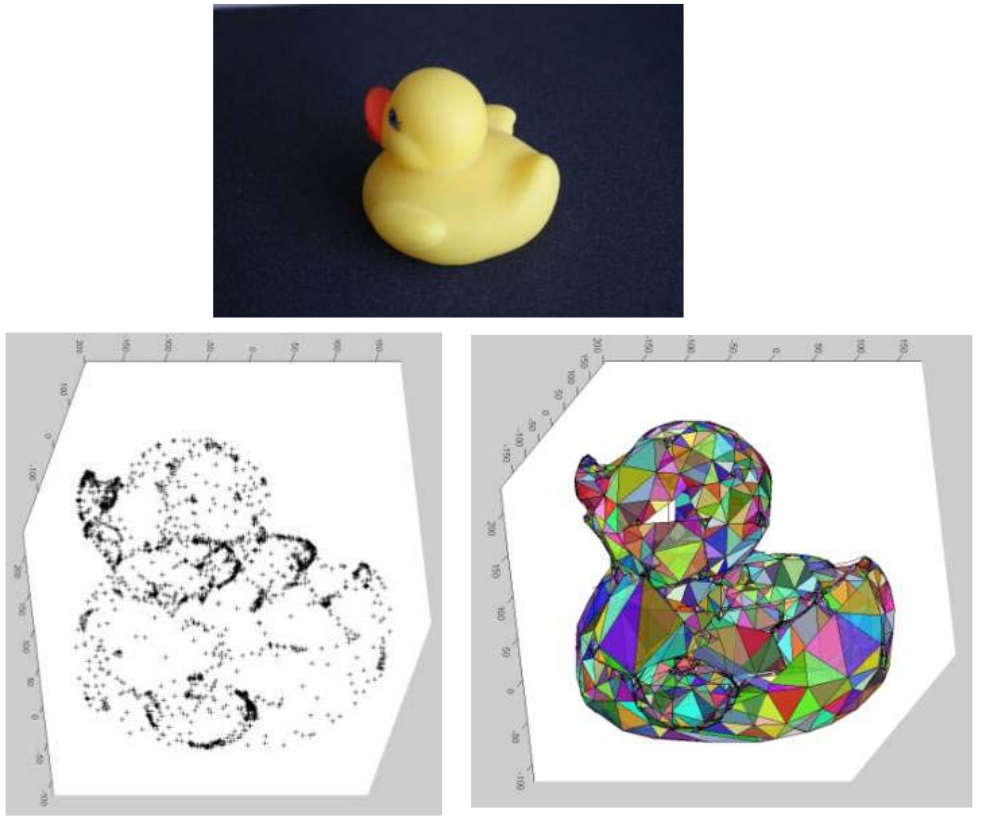
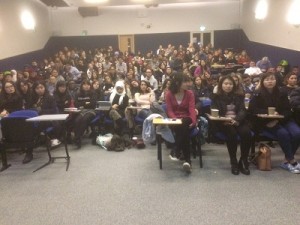



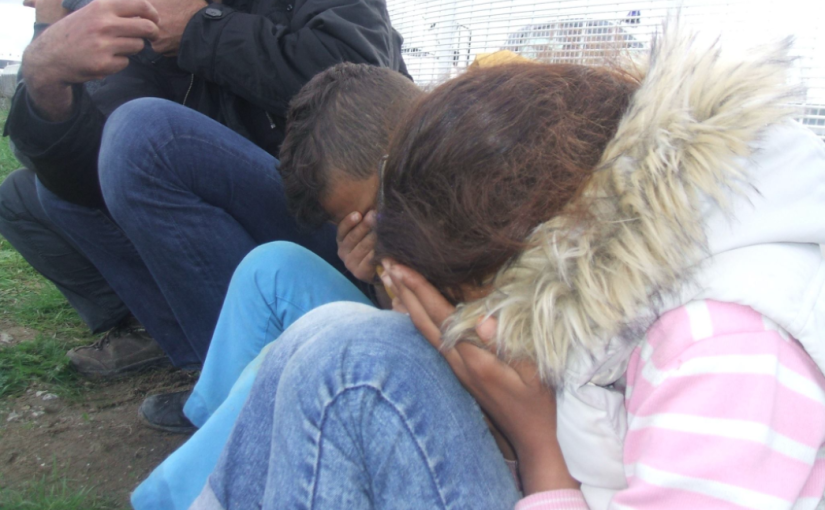
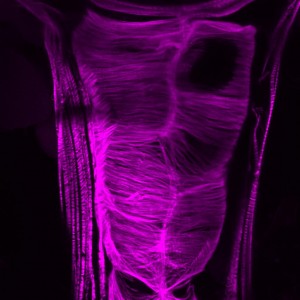
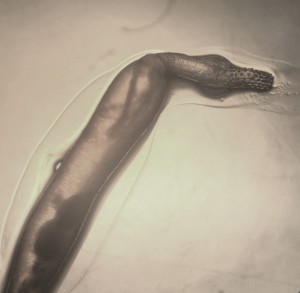

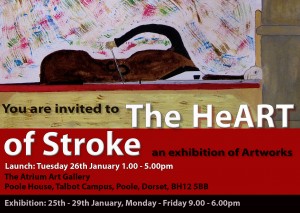
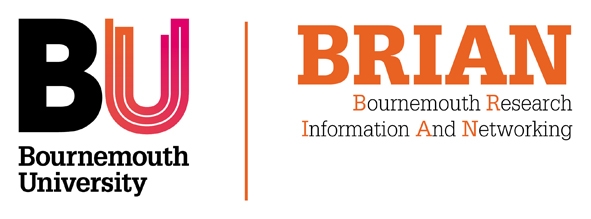











 April’s Café Scientifique – Should we help machines understand and respond to our emotions?
April’s Café Scientifique – Should we help machines understand and respond to our emotions? Postgraduate Research Experience Survey (PRES) 2024 – 2 WEEKS LEFT
Postgraduate Research Experience Survey (PRES) 2024 – 2 WEEKS LEFT Working with The Conversation: online training session – Wednesday 8th May
Working with The Conversation: online training session – Wednesday 8th May Apply for up to £1,000 to deliver an event and take part in a national festival of public engagement with research
Apply for up to £1,000 to deliver an event and take part in a national festival of public engagement with research MSCA Postdoctoral Fellowships 2024
MSCA Postdoctoral Fellowships 2024 Horizon Europe News – December 2023
Horizon Europe News – December 2023